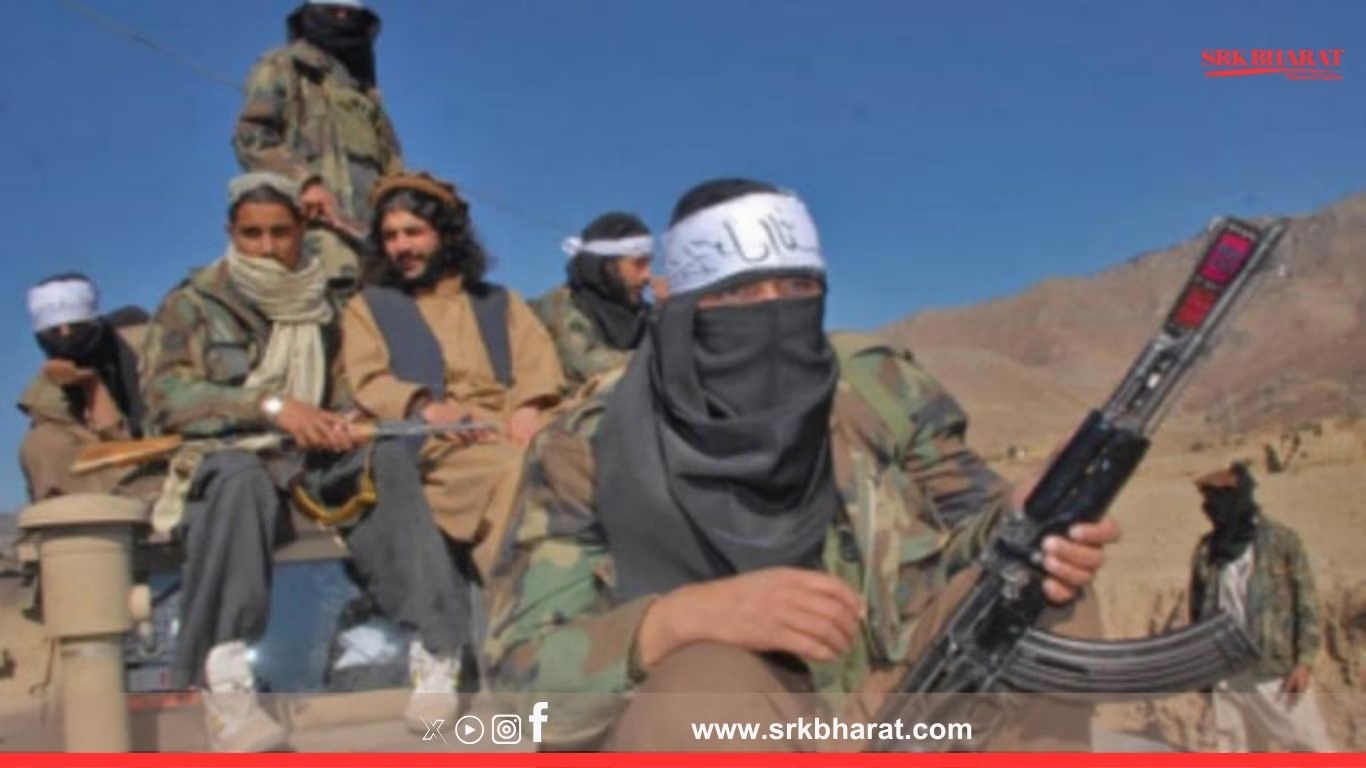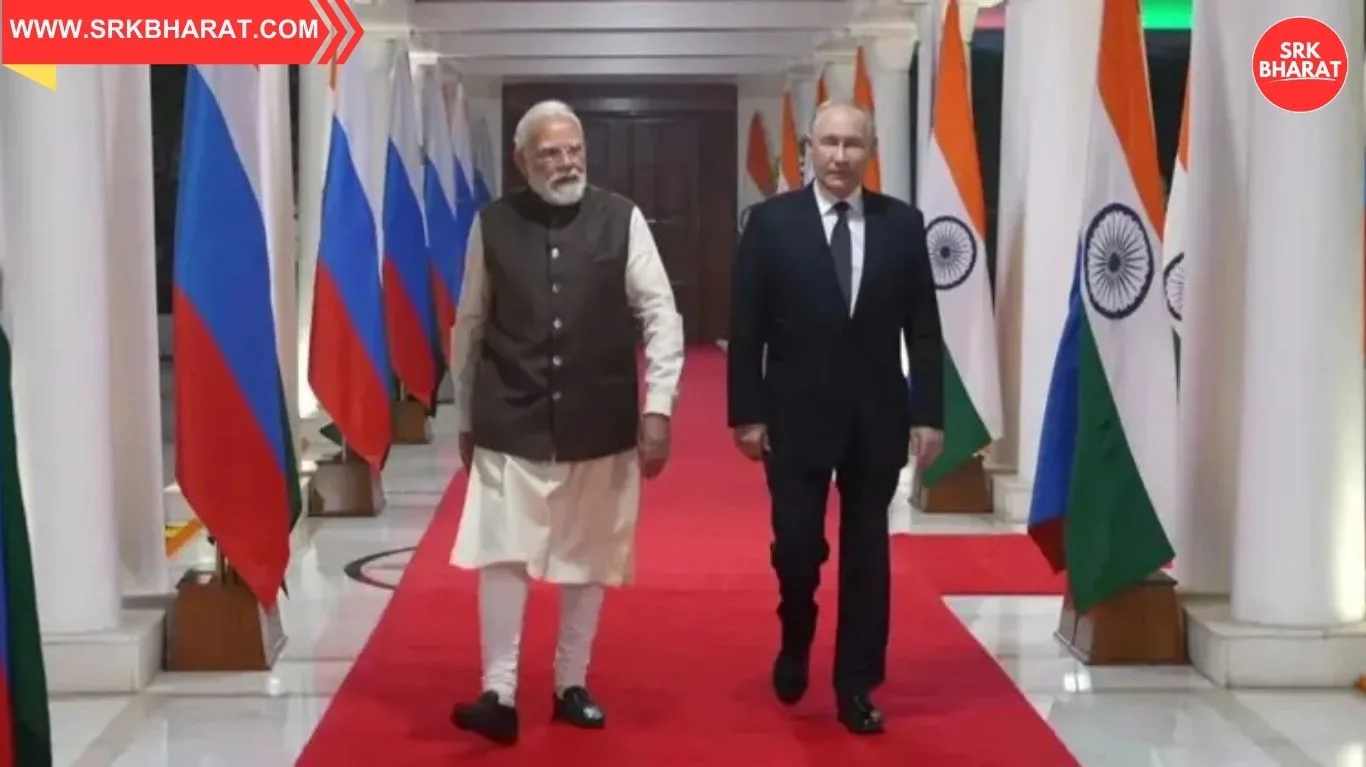Pakistan continues to face severe global scrutiny over its alleged status as a state sponsor of terrorism, with the Financial Action Task Force (FATF) repeatedly highlighting its failure to comprehensively eliminate terror financing and support to designated groups. The FATF, the global anti-money laundering and terror financing watchdog, has cited detailed reasons explaining why Pakistan remains under watch and continues to face the threat of re-listing despite temporary relief measures.
What is FATF and why does its assessment matter?
The Financial Action Task Force is an intergovernmental body established in 1989 to set standards and promote effective implementation of measures for combating money laundering, terrorist financing, and other threats to the international financial system. Its assessments influence:
- Foreign investments into a country
- Global banking transactions
- Bilateral relations especially with the US, EU, and Asia-Pacific partners
- Access to international lending bodies like IMF and World Bank
Reasons listed by FATF indicating Pakistan’s support to terrorism
Over multiple reviews, FATF has identified persistent shortcomings in Pakistan’s counter-terror financing regime. The reasons include:
| FATF Observation | Details |
|---|---|
| Failure to demonstrate proper risk assessment of UN-designated groups | Pakistan has not provided verifiable actions against top terror outfits like Lashkar-e-Taiba, Jaish-e-Mohammed, and their financial networks |
| Ineffective investigation and prosecution of senior leaders and commanders | While lower-level arrests were made, senior leadership continues operating freely or under token house arrests |
| Terror financing prosecutions remain low and ineffective | The legal infrastructure is used to shield strategic assets rather than dismantle them completely |
| Sanctions implementation incomplete | Designated terrorists continue to run charities, religious schools, and business enterprises under renamed banners |
| Weak supervision of Non-Profit Organisations (NPOs) | Funds are diverted under charity cover for extremist activities domestically and in India, Afghanistan |
| Failure to curb cross-border infiltration funding | Networks financing militants in Jammu & Kashmir and Afghanistan remain operational |
| Politico-strategic use of terror groups | International intelligence inputs allege ISI continues to use groups like LeT, JeM as tools of asymmetric warfare |
Why has Pakistan remained in FATF scrutiny despite claims of reforms?
Pakistan was placed on the FATF Grey List in 2018, triggering economic and diplomatic challenges. Although removed in 2022 after conditional compliance, recent global monitoring suggests continued risks. Key reasons include:
- Cosmetic actions without structural change: Arrests of a few operatives without dismantling organisational infrastructure.
- Lack of political will: Domestic politics dominated by radical cleric parties prevents bold moves against terror entities.
- Strategic dependency on proxies: For regional leverage against India and influence within Afghanistan.
- Economic compulsions for short-term compliance: Moves to exit the Grey List were motivated by IMF funding requirements rather than genuine systemic overhaul.
Impact of Pakistan’s terror financing ecosystem
On India
- Persistent infiltration attempts in Jammu & Kashmir.
- Radicalisation and recruitment drives by Pakistan-based groups.
- Targeting of Indian diplomatic assets abroad through sleeper networks.
On Afghanistan
- Safe havens to Taliban factions.
- Support to Haqqani Network, undermining regional peace processes.
- Cross-border terror logistics corridors.
On the global financial system
- Money laundering hubs aiding international terror cells.
- Narcotics-terror financing linkages impacting Europe and Asia.
- Use of hawala networks circumventing banking transparency.
What does FATF demand from Pakistan?
FATF’s action plan for Pakistan has repeatedly included:
- Identification and freezing of all terror assets linked to UN-designated entities.
- Effective prosecution and conviction of senior terror financiers and leaders.
- Strengthening anti-money laundering (AML) supervision frameworks.
- Preventing misuse of NPOs, charities, and trusts for terror financing.
- International cooperation with financial intelligence units to track cross-border networks.
Global responses to FATF assessments
| Country/Body | Response |
|---|---|
| United States | Continues to demand Pakistan end safe havens to Afghan Taliban and Haqqani Network |
| India | Strongly advocates Pakistan’s re-listing on Grey List or Black List if compliance remains superficial |
| China | Protects Pakistan diplomatically within FATF forums citing ‘strategic partner interests’ |
| European Union | Warns of financial restrictions if Pakistan fails to address terror financing risks effectively |
Pakistan’s internal narrative
While Pakistan claims it is unfairly targeted, internal security experts admit:
- Crackdowns often target groups threatening domestic law and order, while strategic groups are given leeway.
- Laws are amended under FATF pressure but implementation remains weak.
- Radical cleric networks embedded within political structures make anti-terror financing reforms politically costly.
Future outlook
Despite temporary relief from FATF Grey List in 2022, experts warn that:
- Re-listing remains possible if Pakistan backslides on commitments.
- IMF funding and foreign investments remain at risk due to reputation concerns.
- Without structural decoupling of terrorism from strategic policy, Pakistan’s financial system remains vulnerable to global restrictions.
Disclaimer
This article summarises publicly available FATF assessments, international intelligence reports, and regional expert analyses. It does not represent the views of this publication. Readers are encouraged to refer to official FATF publications for detailed technical evaluations.











